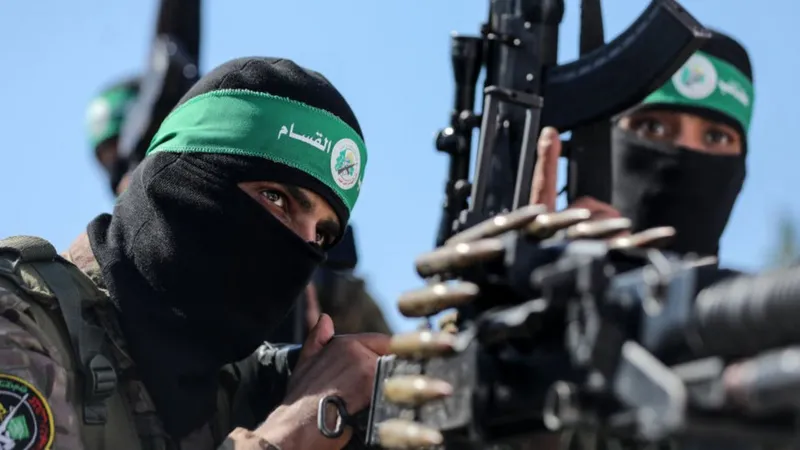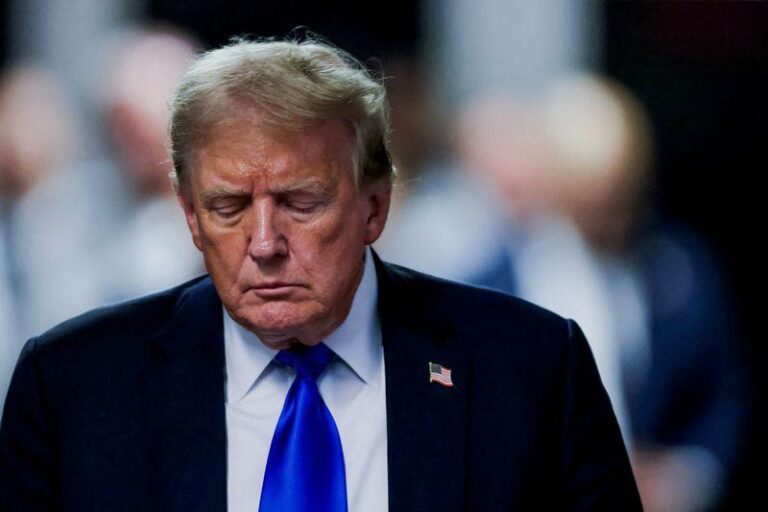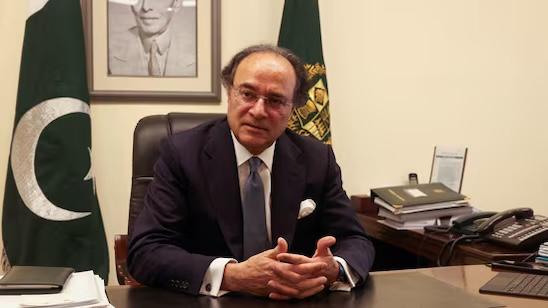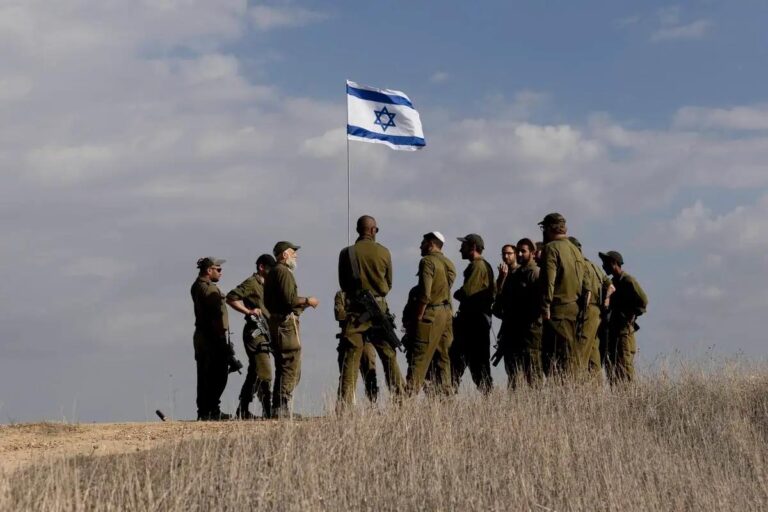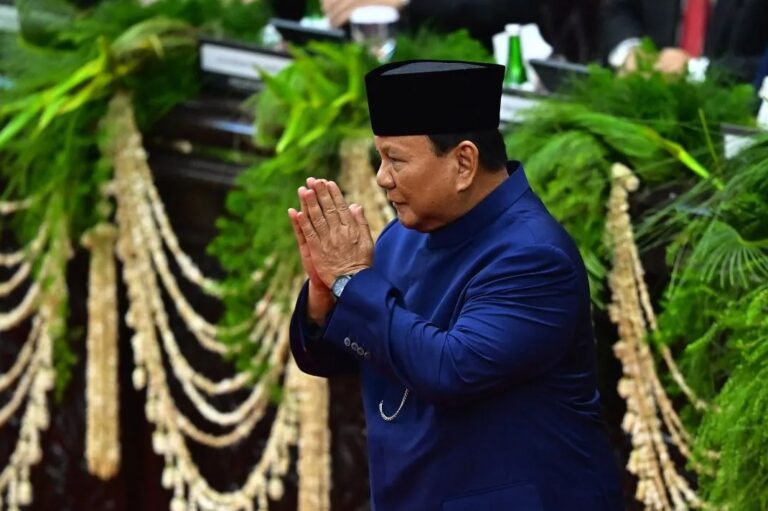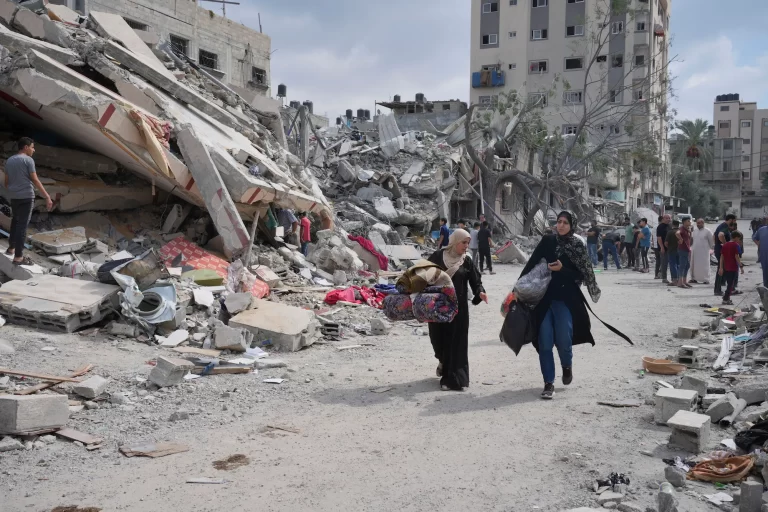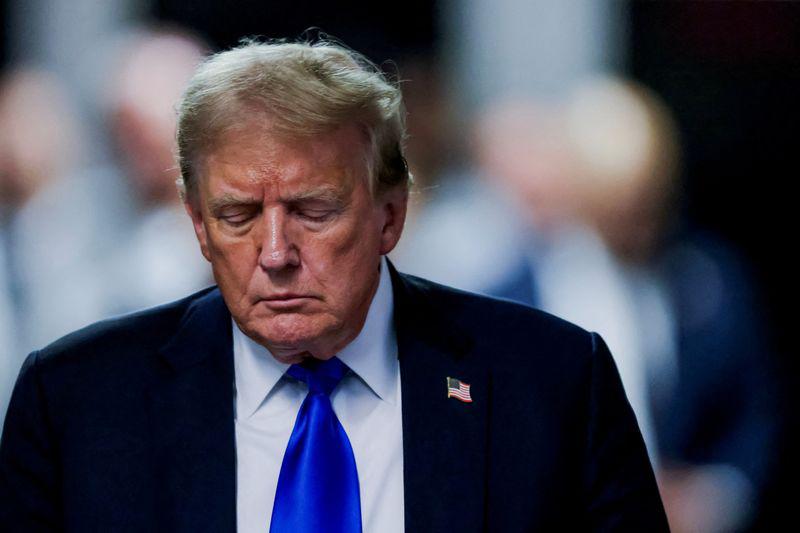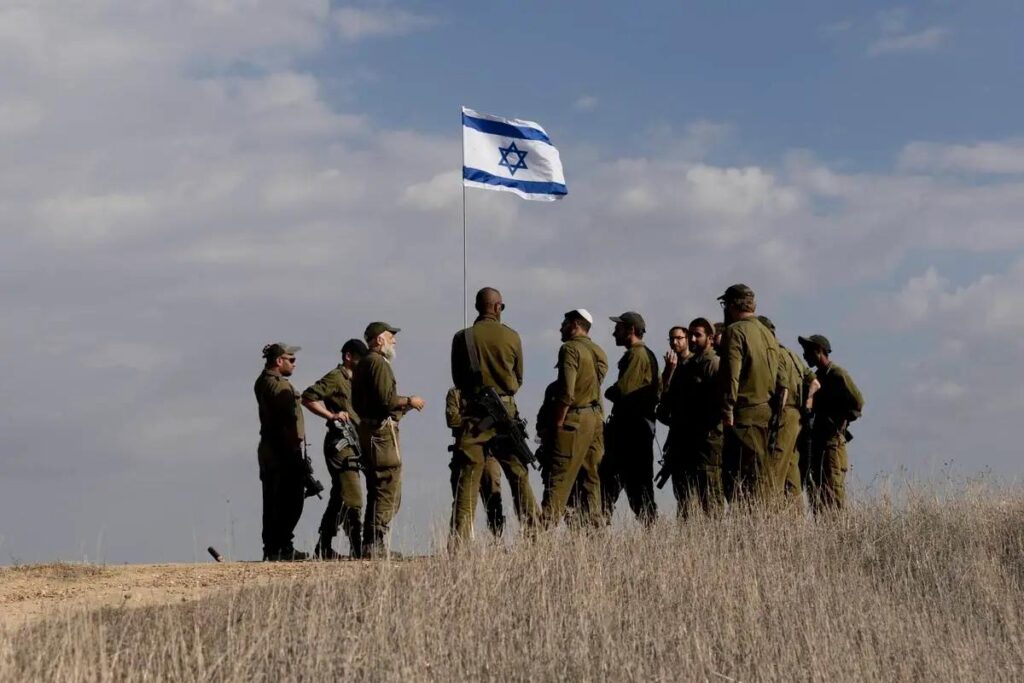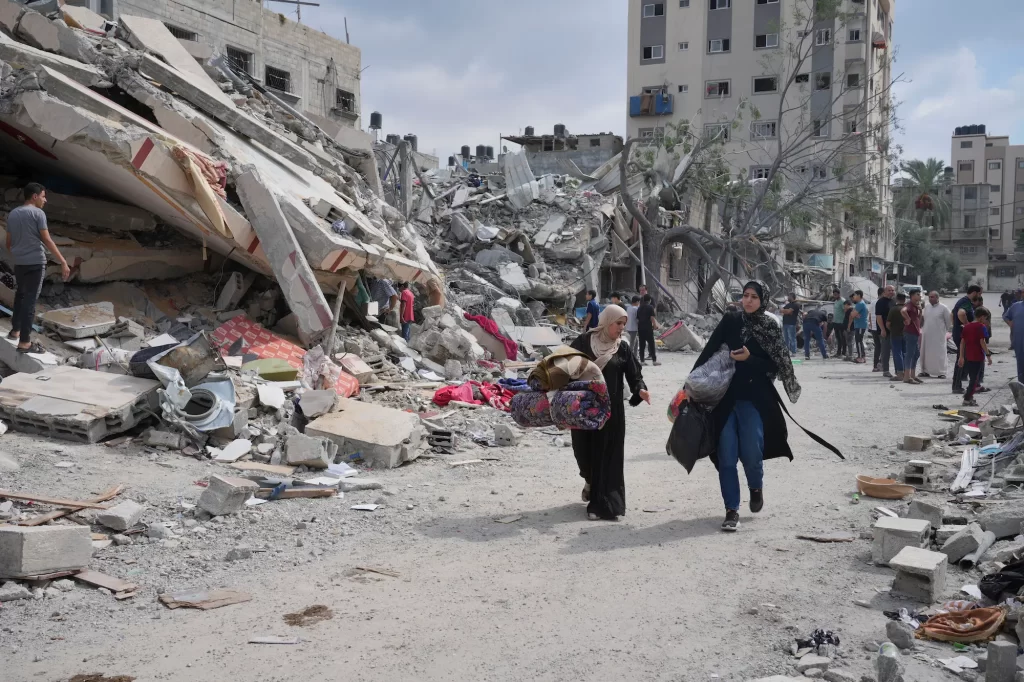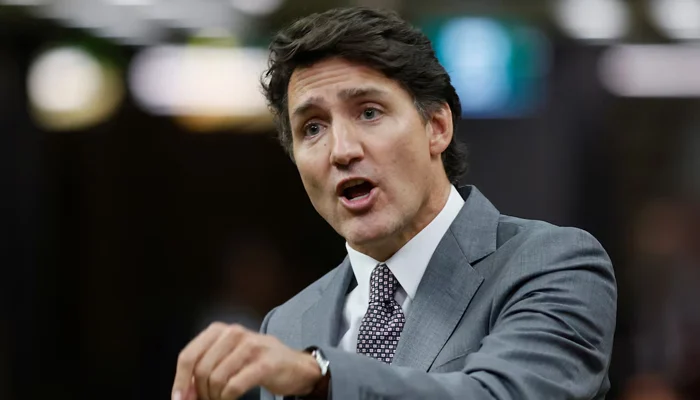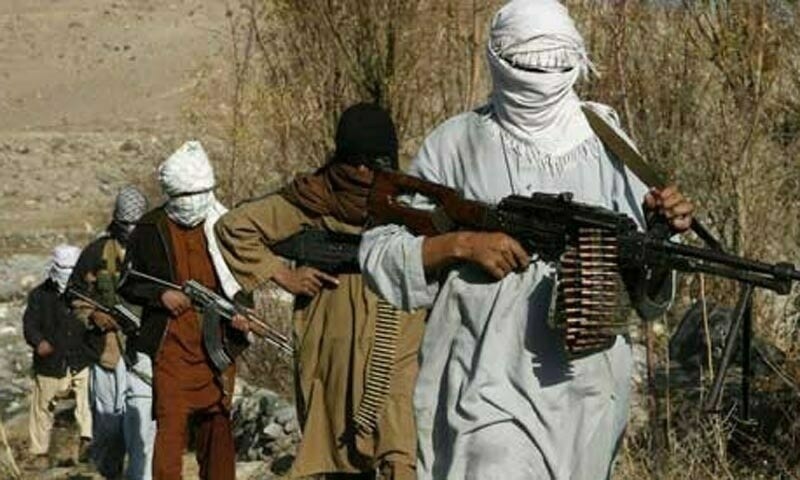On January 6, 2025, Hamas announced its readiness to release 34 captives in exchange for a ceasefire deal with Israel. The announcement came during ongoing talks in Doha, Qatar. These discussions aim to secure a ceasefire.
The initial phase of the exchange would focus on releasing women, children, elderly people, and those with health issues. Hamas officials need time to confirm the condition of the captives. They aim to assess whether the captives are alive or deceased. A Hamas official stated that they require a week of calm to verify this.
The ceasefire deal hinges on Israel agreeing to a permanent ceasefire and withdrawing from Gaza. As of now, Israel has not received confirmation from Hamas about the list of captives. Israel’s Prime Minister Benjamin Netanyahu’s office confirmed this.
The U.S. administration, led by President Joe Biden, is mediating the talks. Secretary of State Antony Blinken emphasized the urgency of a deal before the Biden administration ends. Blinken expressed hope that the situation would resolve in two weeks. He also mentioned that a resolution could take longer if necessary.
U.S. President-elect Donald Trump’s impending inauguration on January 20, 2025, adds pressure. Trump previously warned that failure to reach a ceasefire would lead to serious consequences for Hamas. The U.S. is focused on securing a deal before Trump takes office.
Al Jazeera’s Ali Hashem, reporting from Doha, mentioned significant differences between the two sides. While Hamas has agreed to release the captives, Israel must decide whether to continue the negotiations. The Israeli government faces internal pressure over its military actions in Gaza.
Israel continued its bombardment of Gaza over the weekend. The Israeli military struck more than 100 targets, claiming they were “terrorist infrastructure.” Gaza health officials reported over 100 Palestinian deaths, bringing the total toll to over 45,800.
The negotiations occur in a tense political climate. Internal instability in both Israel and Palestine complicates the situation. Hamas wants a clear commitment from Israel before releasing the captives. Without such a commitment, Hamas fears the war may not end.
These talks will play a significant role in shaping the future of the conflict. With international pressure mounting, both sides face increasing demands for concessions. The next few weeks will be crucial in determining whether a lasting ceasefire is achievable.

